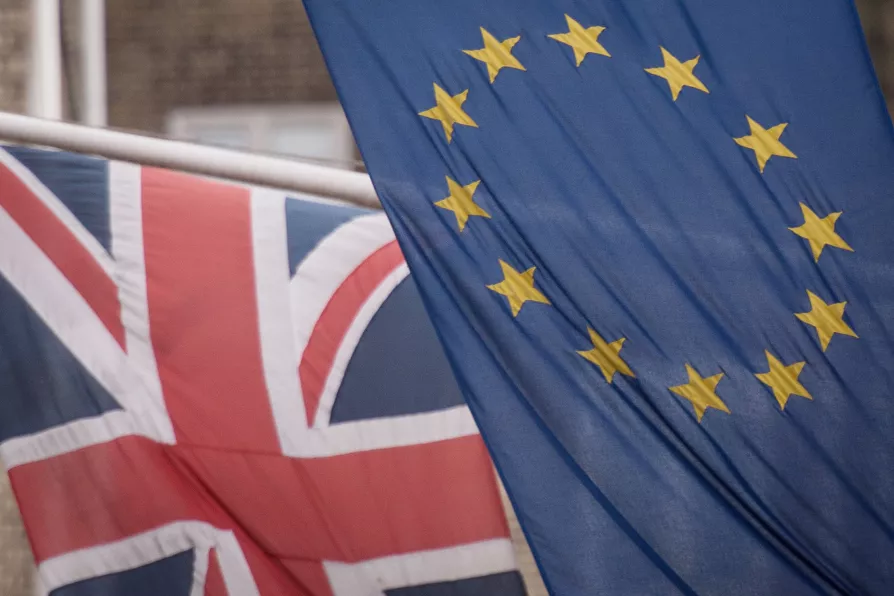John Wojcik pays tribute to a black US activist who spent six decades at the forefront of struggles for voting rights, economic justice and peace – reshaping US politics and inspiring movements worldwide


THE government’s new Bill, published this week, on the UK Internal Market represents a very significant challenge to the labour movement – though not in the way some have chosen to interpret it.
Yes, the Bill does up the ante with the EU negotiators. It asserts the rights of a British government over the UK internal market and rejects attempts by the EU to limit state aid and enforce EU competition terms within Britain.
This stance may lead to the break-up of current negotiations with the EU. Or it may serve to focus them. Time will tell.

Starmer sabotaged Labour with his second referendum campaign, mobilising a liberal backlash that sincerely felt progressive ideals were at stake — but the EU was then and is now an entity Britain should have nothing to do with, explains NICK WRIGHT

As bus builder Alexander Dennis threatens Falkirk closure and Grangemouth faces ruthless shutdown by tax exile Jim Ratcliffe, RICHARD LEONARD MSP warns that global corporations must be resisted by a bold industrial strategy based on public ownership

The left must avoid shouting ‘racist’ and explain that the socialist alternative would benefit all










